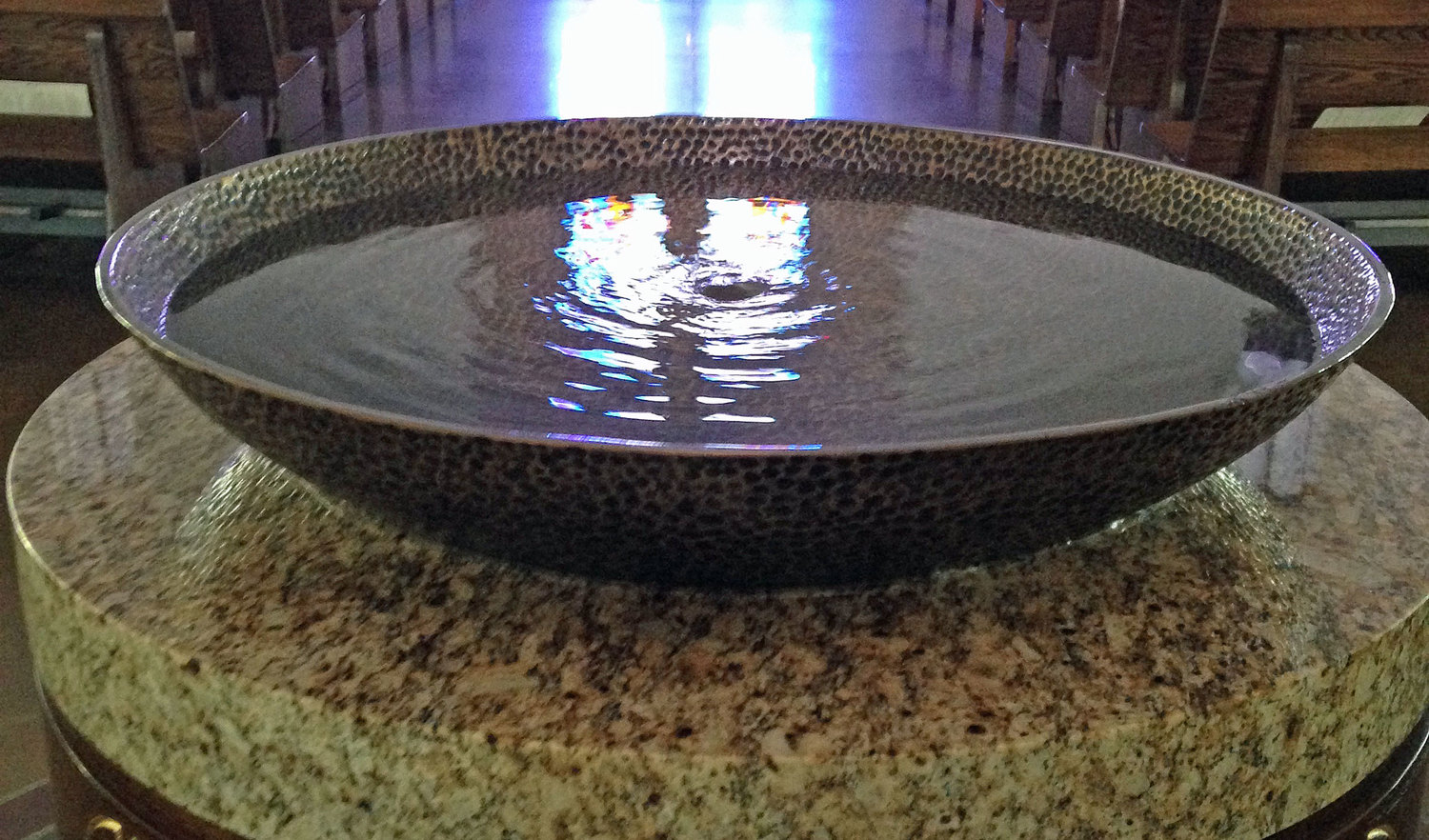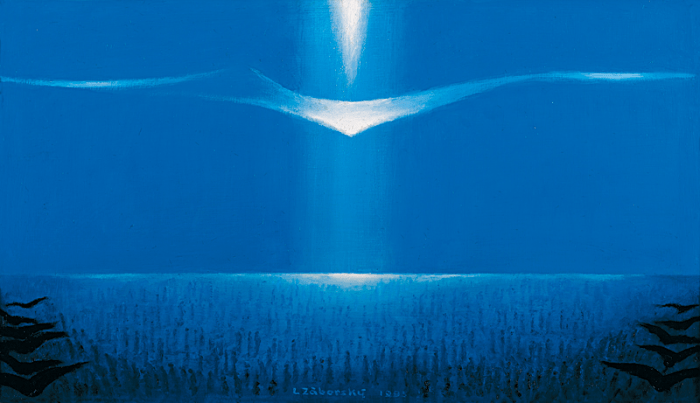Exercise 1
The Clearing of the Untruths
Tools required:
- Mantric petition
- Bowl of water (clear water, not muddy lake water, and definitely not seawater)
- Candle
- Pen and paper
Mantric petition:
Beloved Christ, Keeper of true testimony:
I ask for the clearing away of all burdensome falsehoods
which are set upon me.
That I may efficiently recognize my own corruptions
and be freed from them.
And now, in this moment, may my greatest hindrance
be so shown to me, to then be dispelled by Your Loving Power:
I ask: that this falsehood of consequence become apparent to me:
REVEAL!
I ask: that this falsehood of consequence become relinquished of me:
ABSOLVE!
I ask: that this falsehood of consequence become distinct from me:
RELEASE!
I ask: that this falsehood of consequence be now, and forever:
RESOLVED!
Have the candle placed in the bowl of water, so that it is steadily balanced there, in the centre (perhaps in a holder) with the top sticking out above.
Light the candle.
Passing your egoic hand (whichever is the dominant hand) over the tip of the flame (without burning it) repeat the mantra solemnly. Continue to do so until an image comes to mind.
Do not dismiss this image, but write briefly on a small piece of paper what it is you have witnessed.
Question yourself deeply as to what may be the calamity here … what is the discrepancy between what you take for being true and what is not true about this idea or memory?
If you cannot recognize the mistake there to be corrected, fold the piece of paper and carry it with you for a week – taking time to explore the meaning of this message.
Conversely, if the meaning does make itself apparent in the moment, take the paper and fold it tightly, then carefully set fire to it from the candle and finish the procedure by immersing it within the water of the bowl.
If during the week the answer becomes clear, go to the bowl and proceed as just described (repeating the mantra as given).
If during the week no answer becomes known, take counsel outside of yourself and ask the opinion of others whose angelic guides may answer you more clearly. Take notice of all comments weighing with importance, and if still after the second week no clear answer has come, make an entry in a diary of experience for future consideration.
Do not hurry into false assumptions but remember that this is a process for one’s own clarity first and foremostly. Often folk do find solace in certain repentance which may come of this. However the objective is not to cringe or cower at the enormity some falsehoods presume over us with, not to feed them any more vitality than is already so issued, but to dissolve the partnership and be done so.







